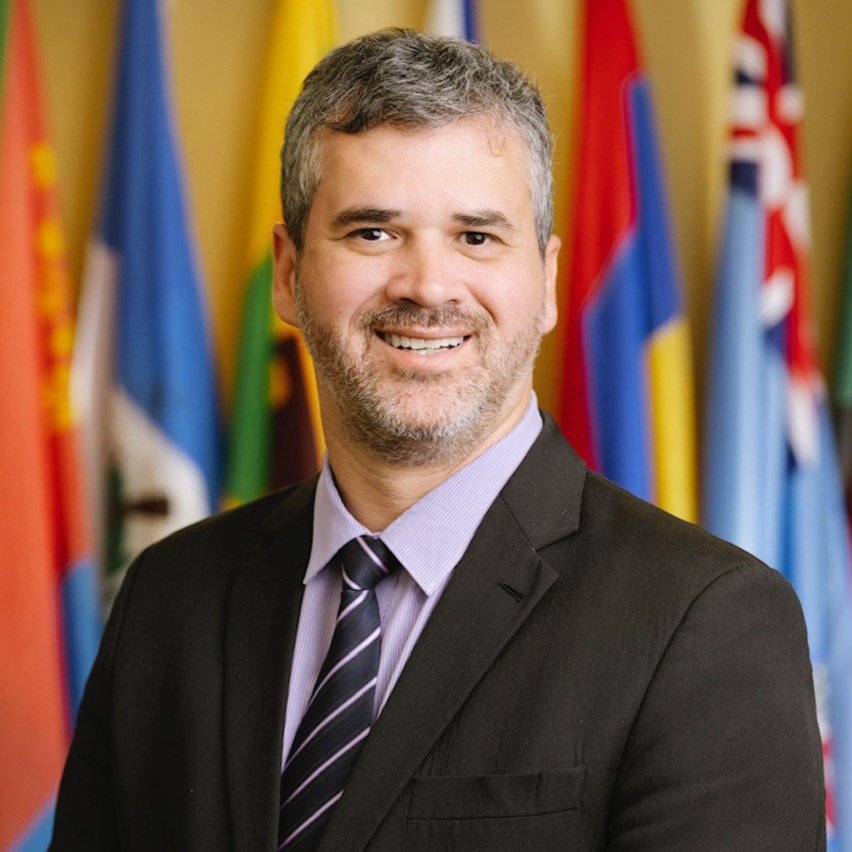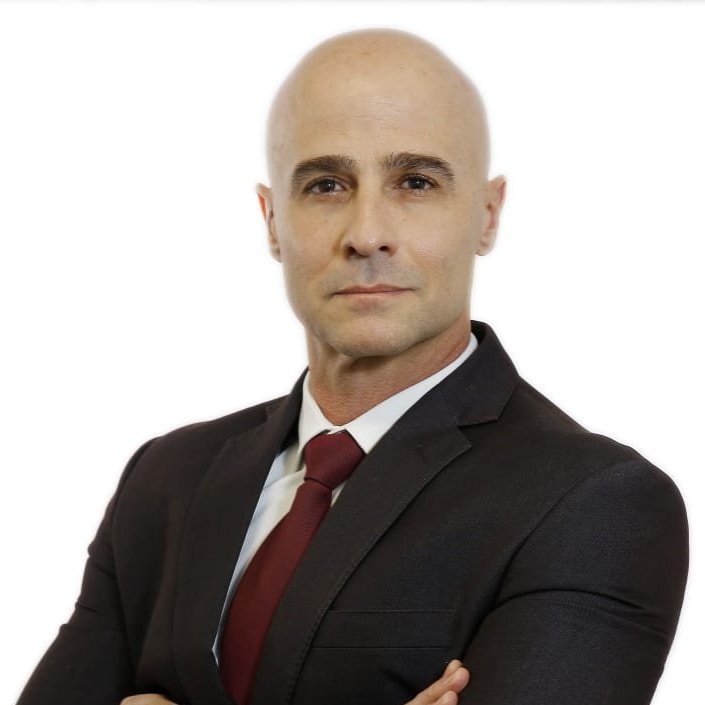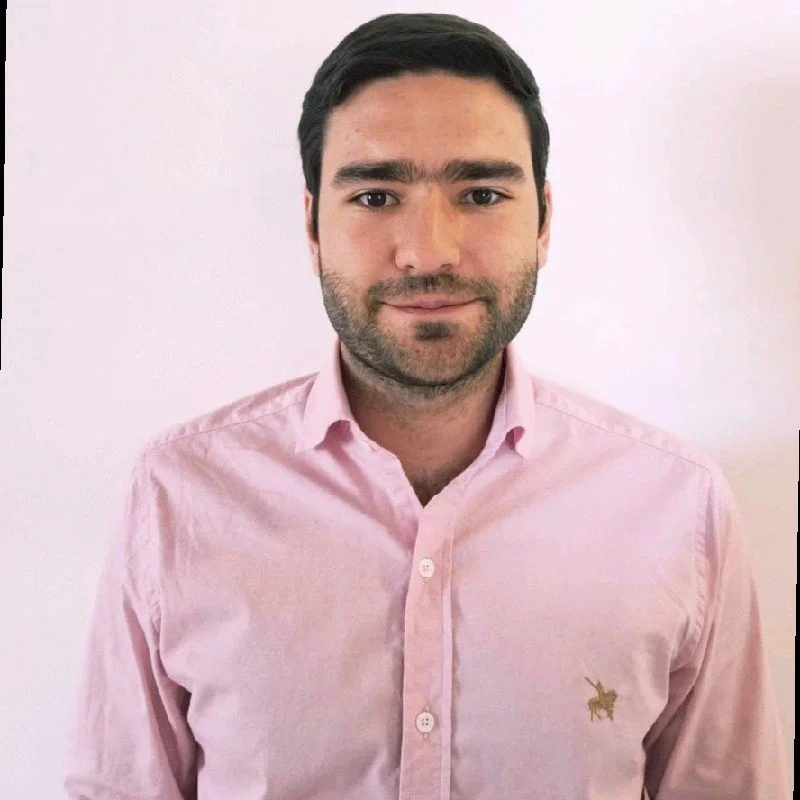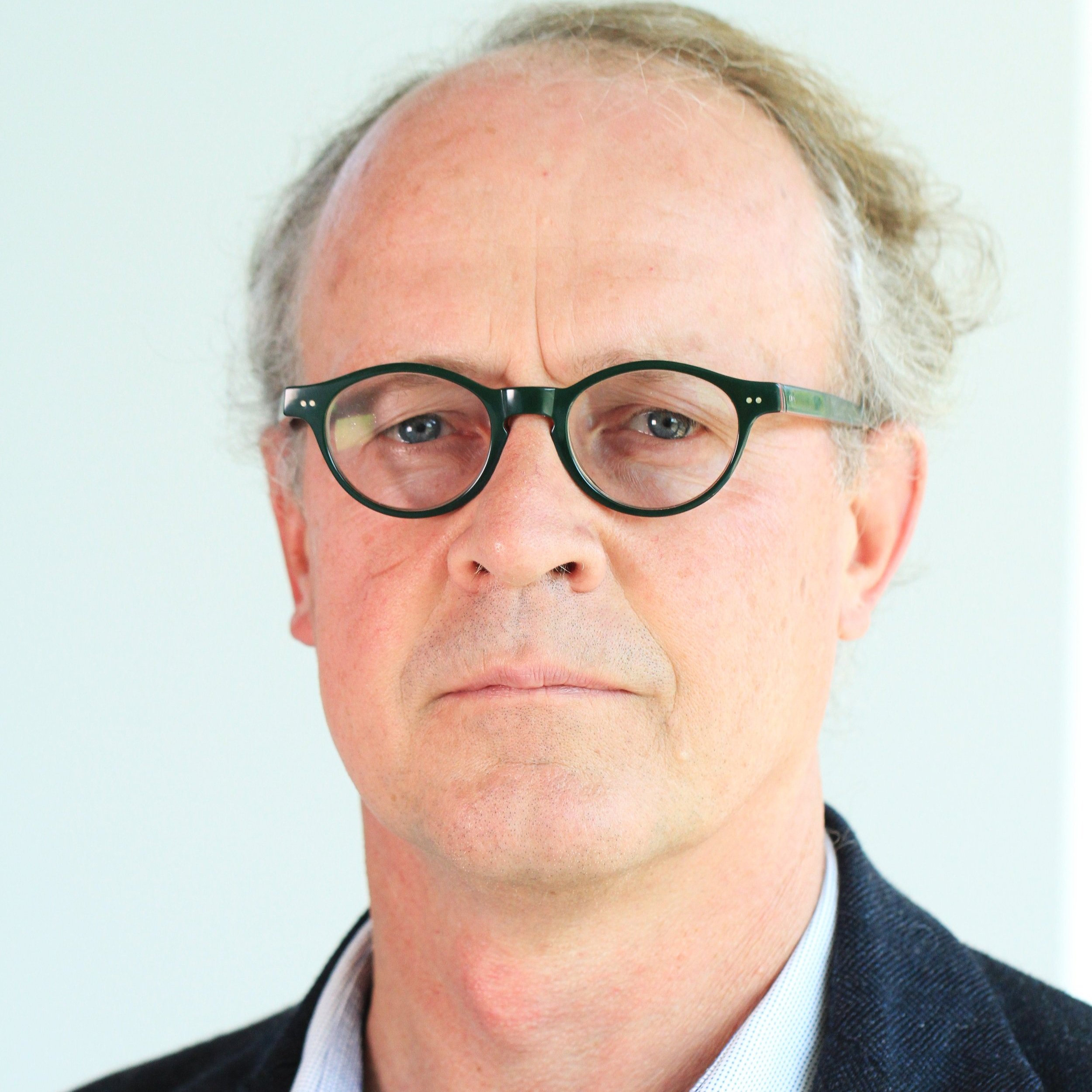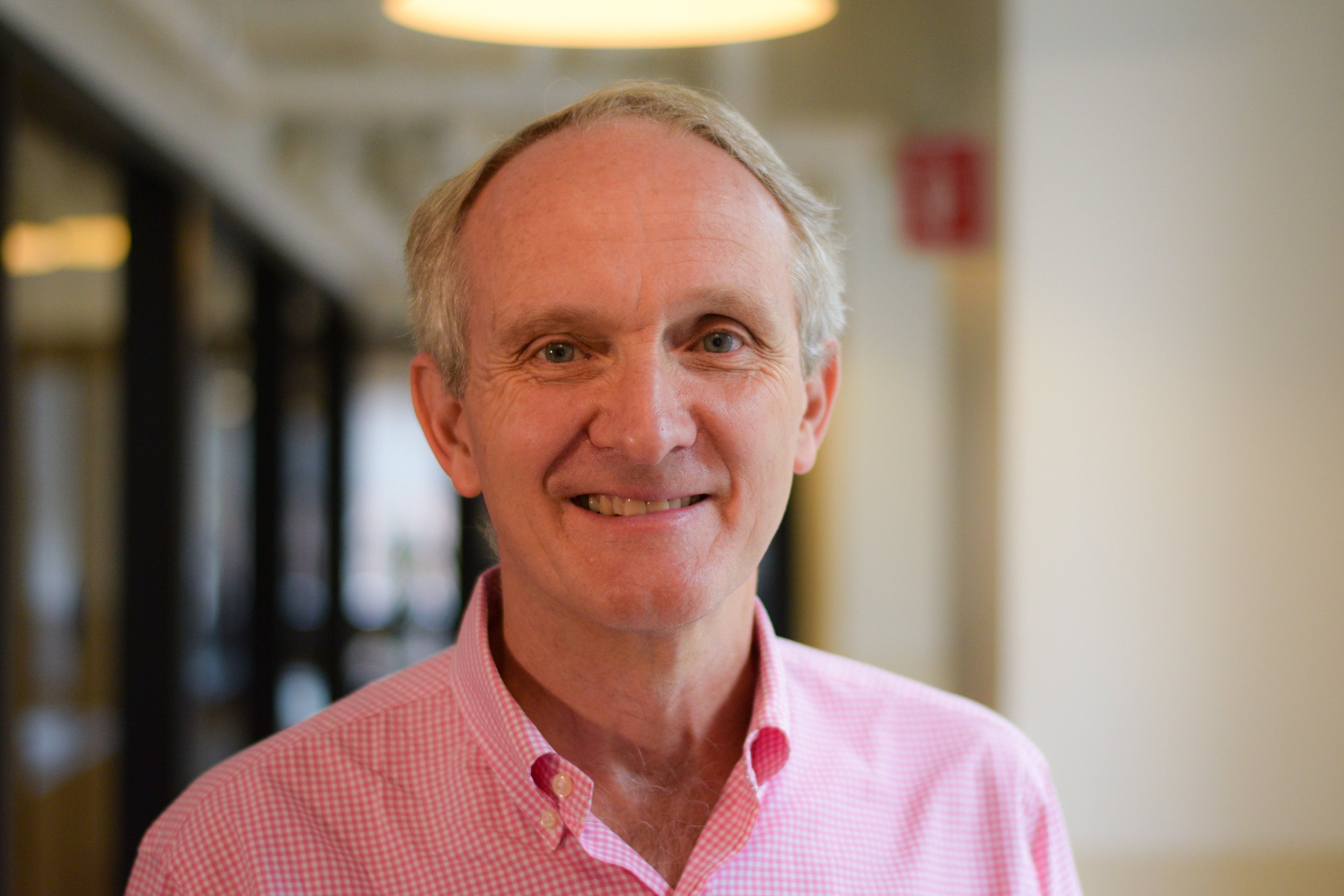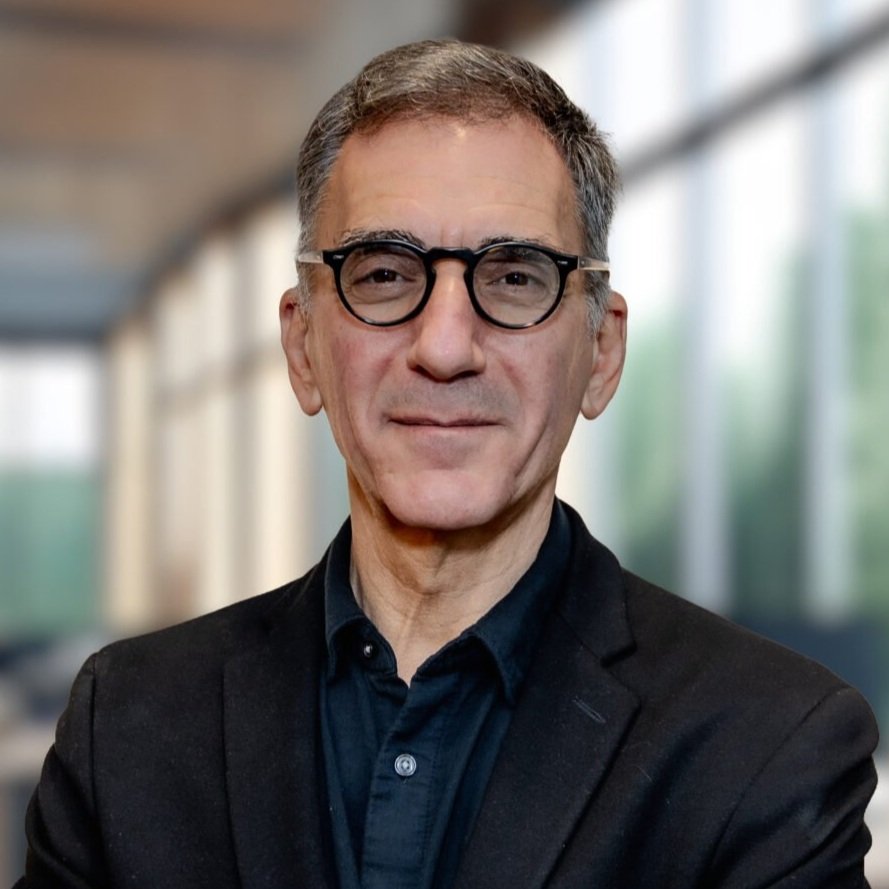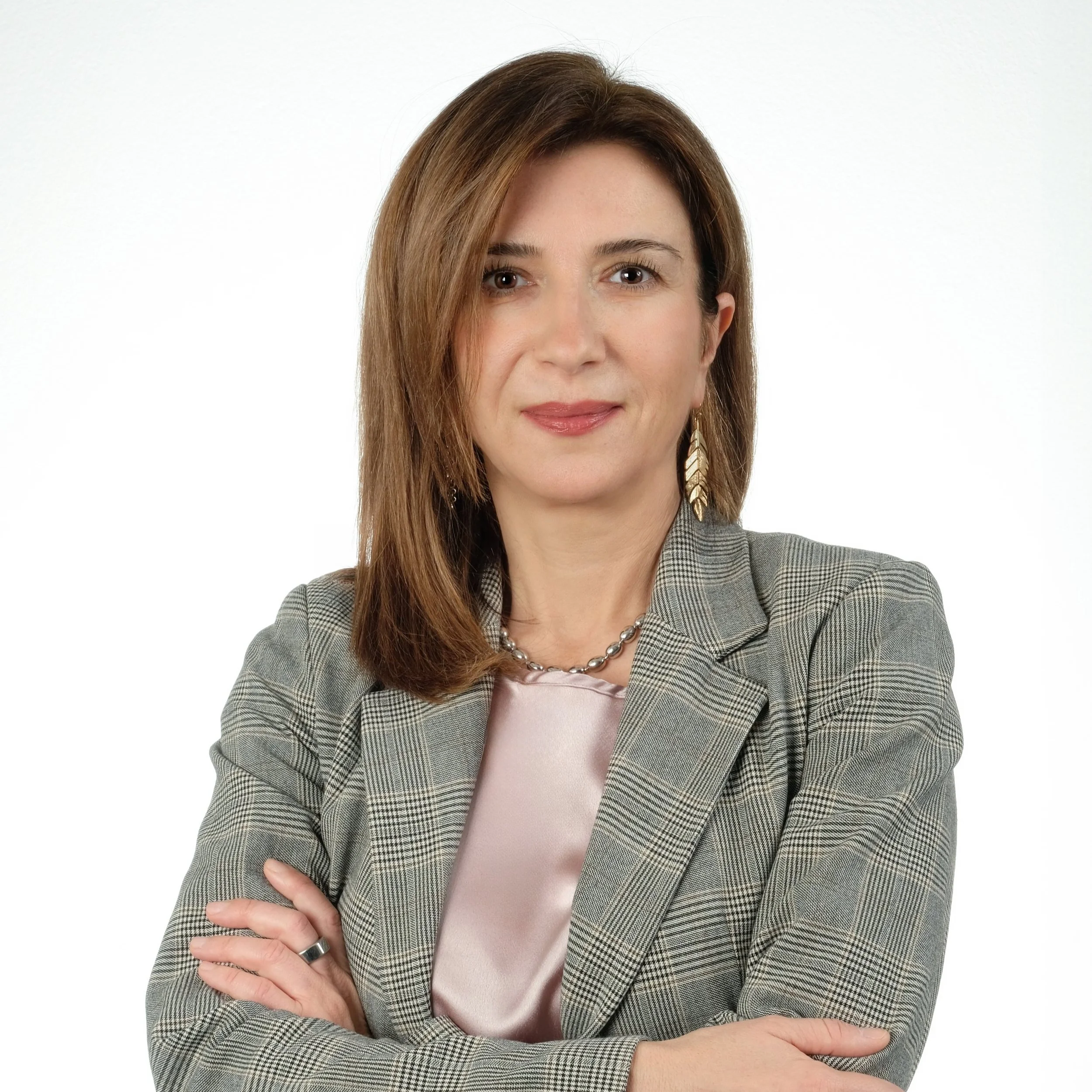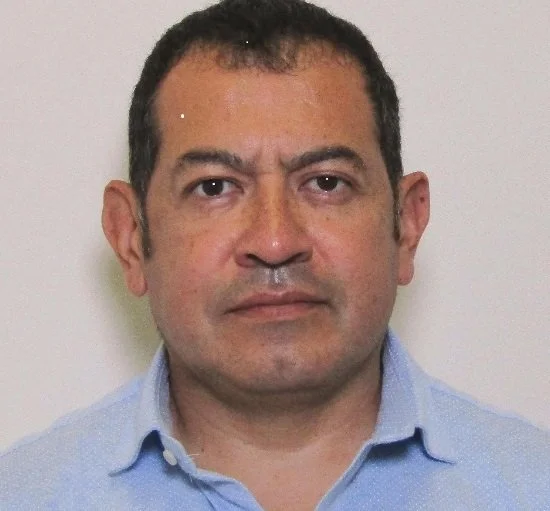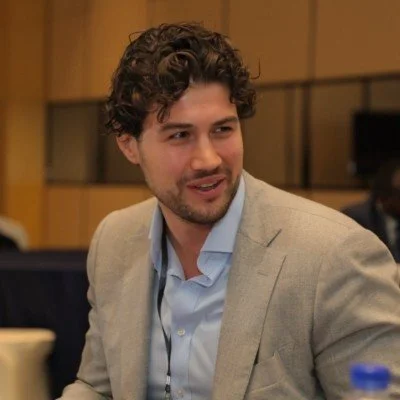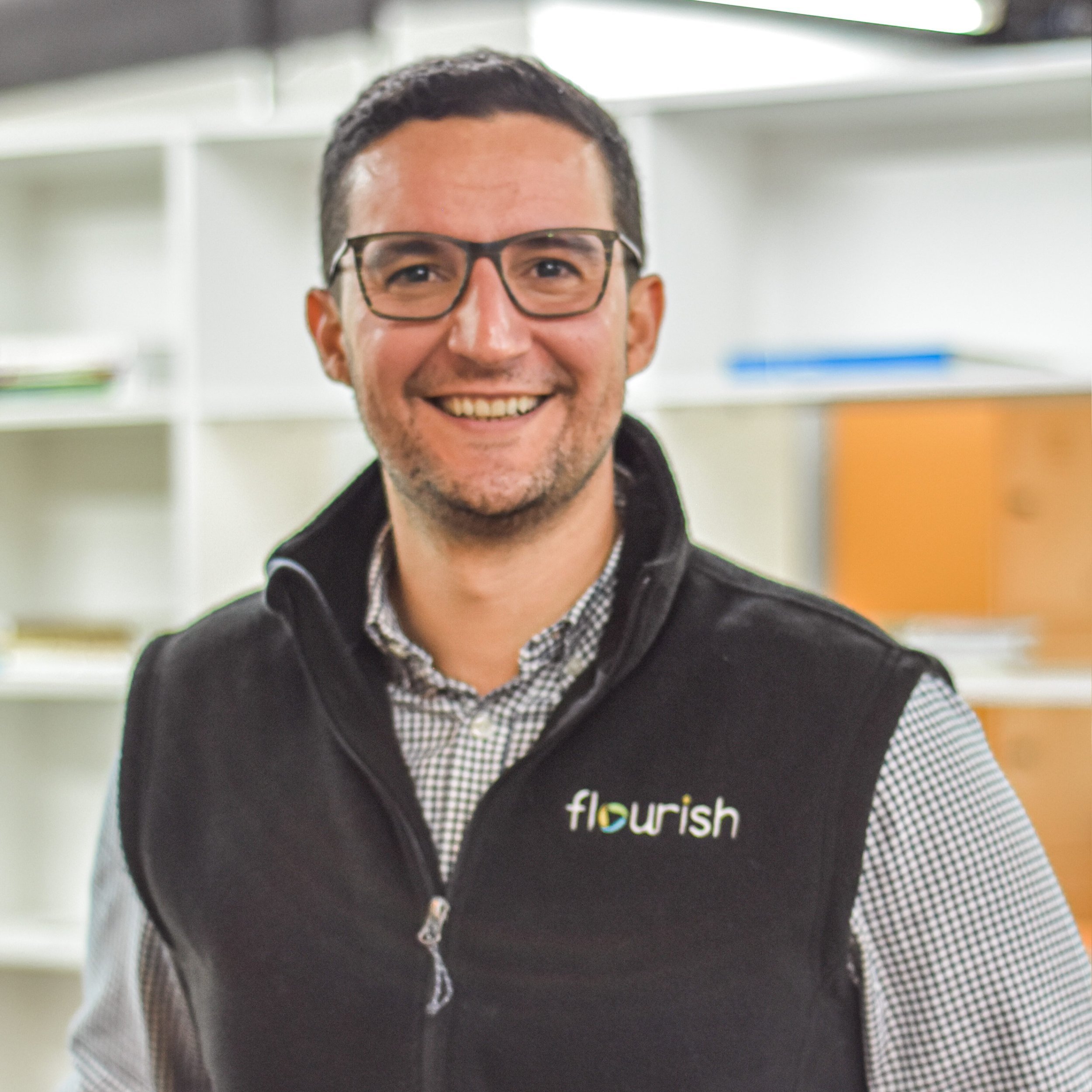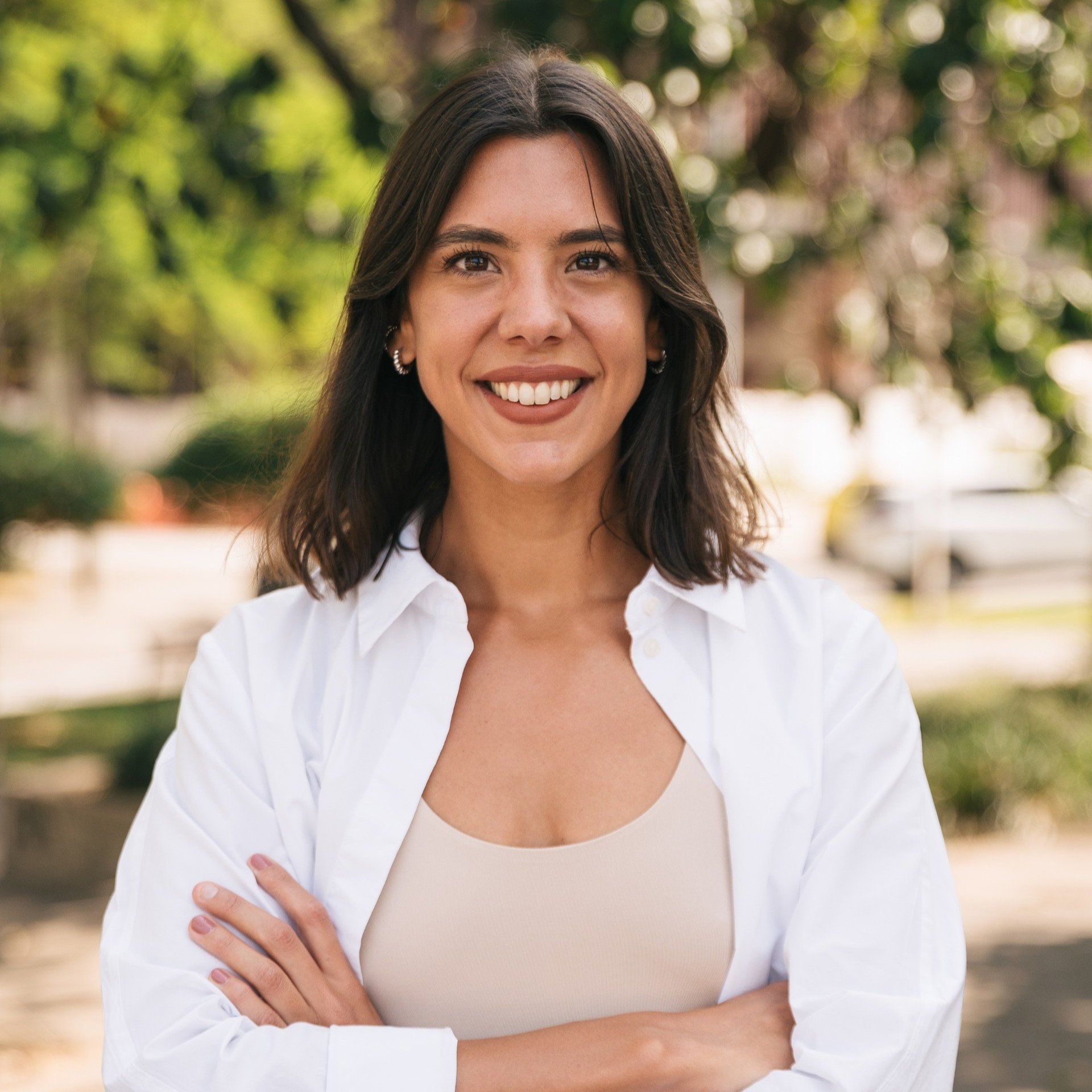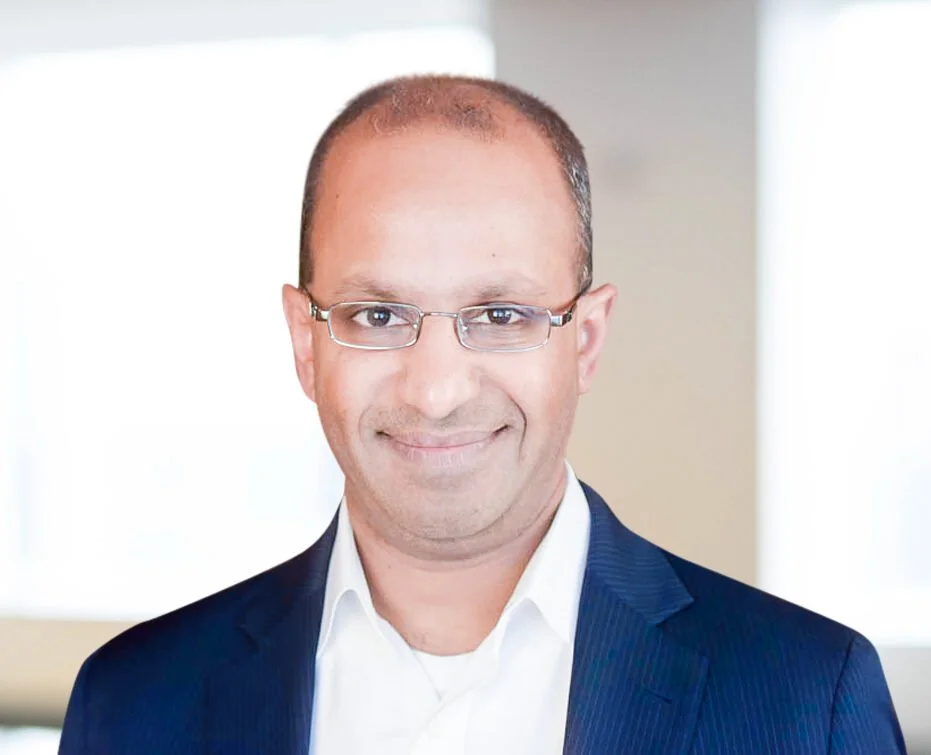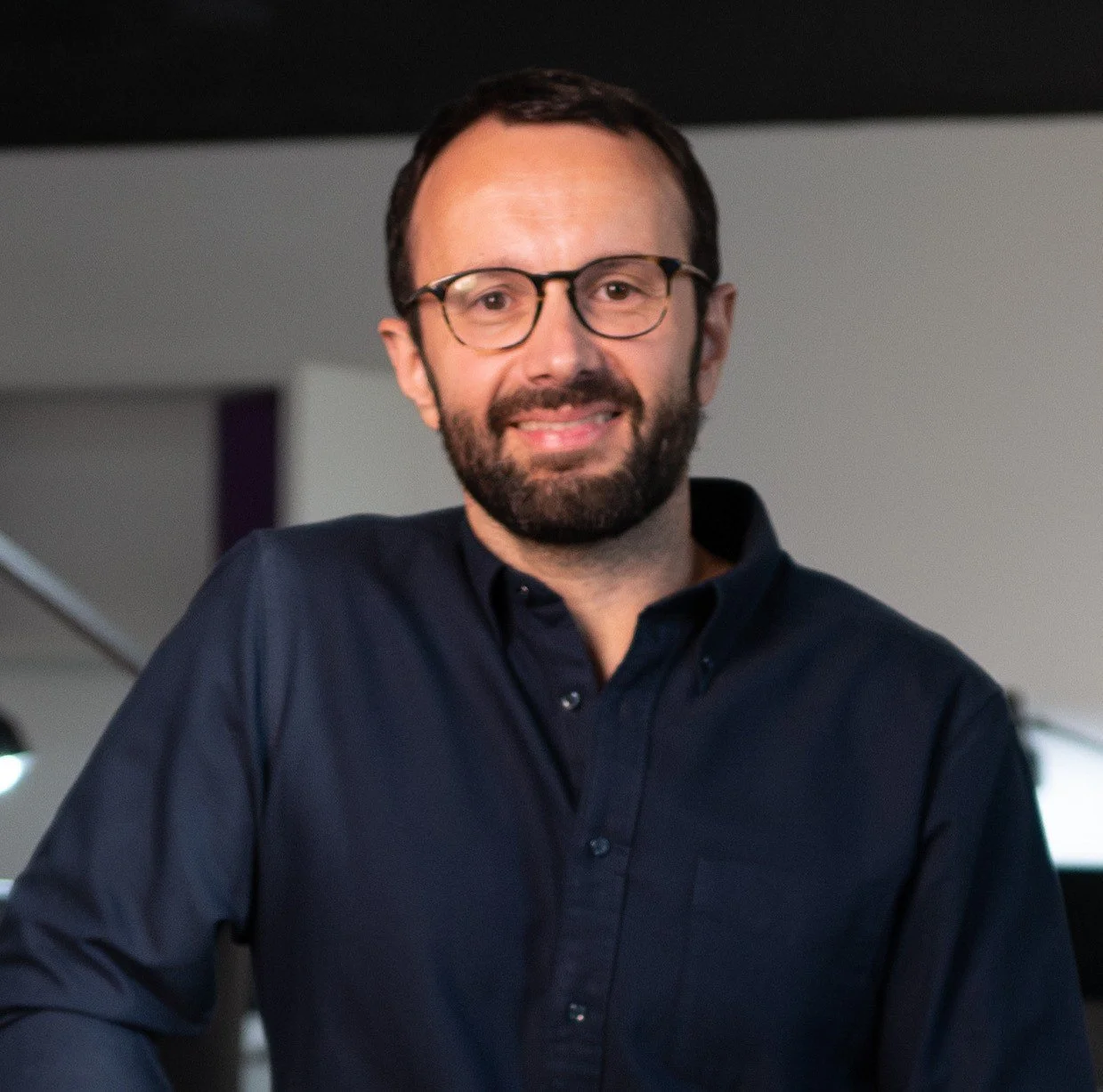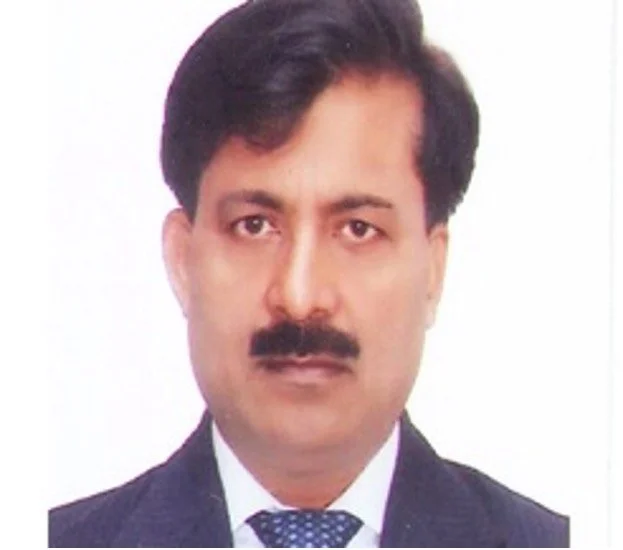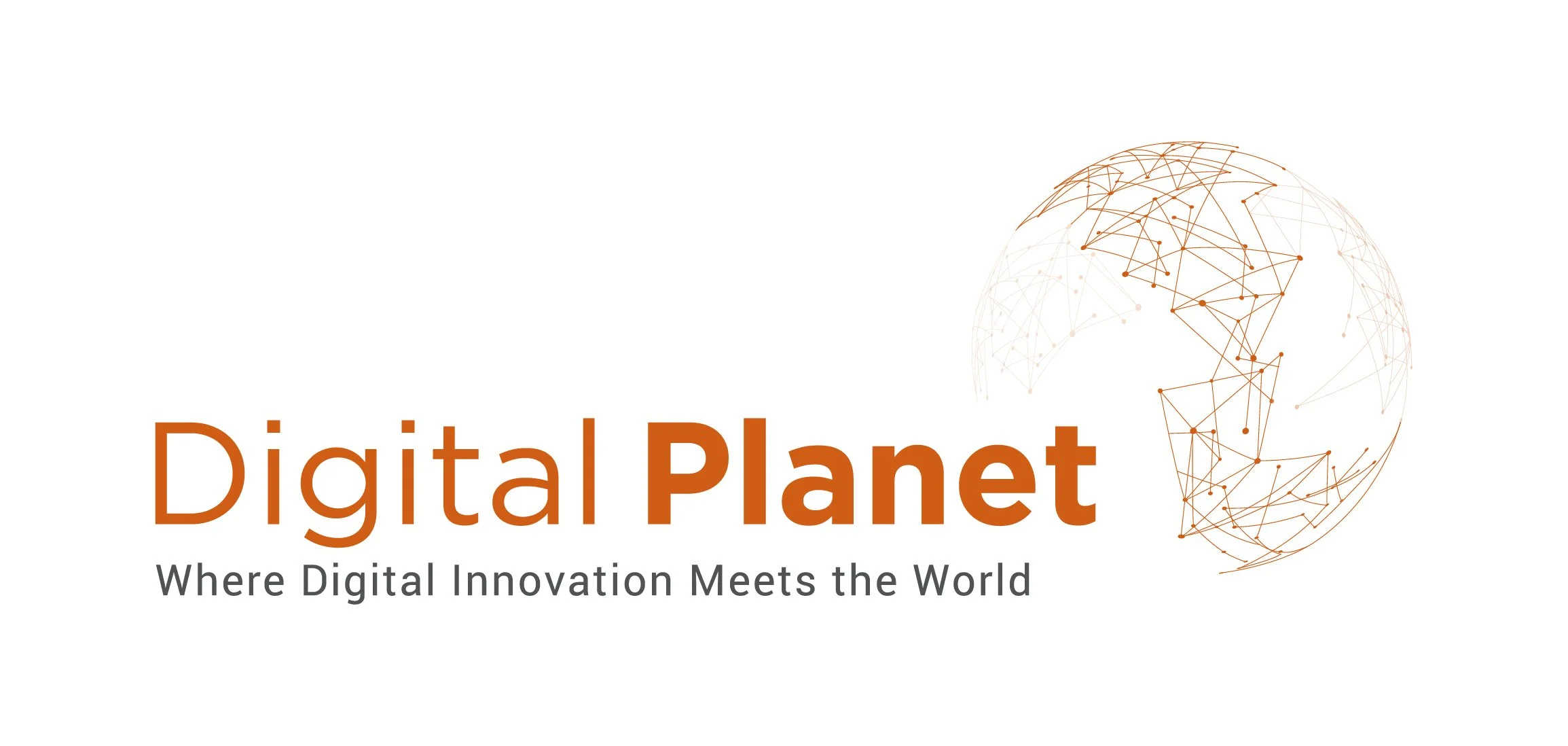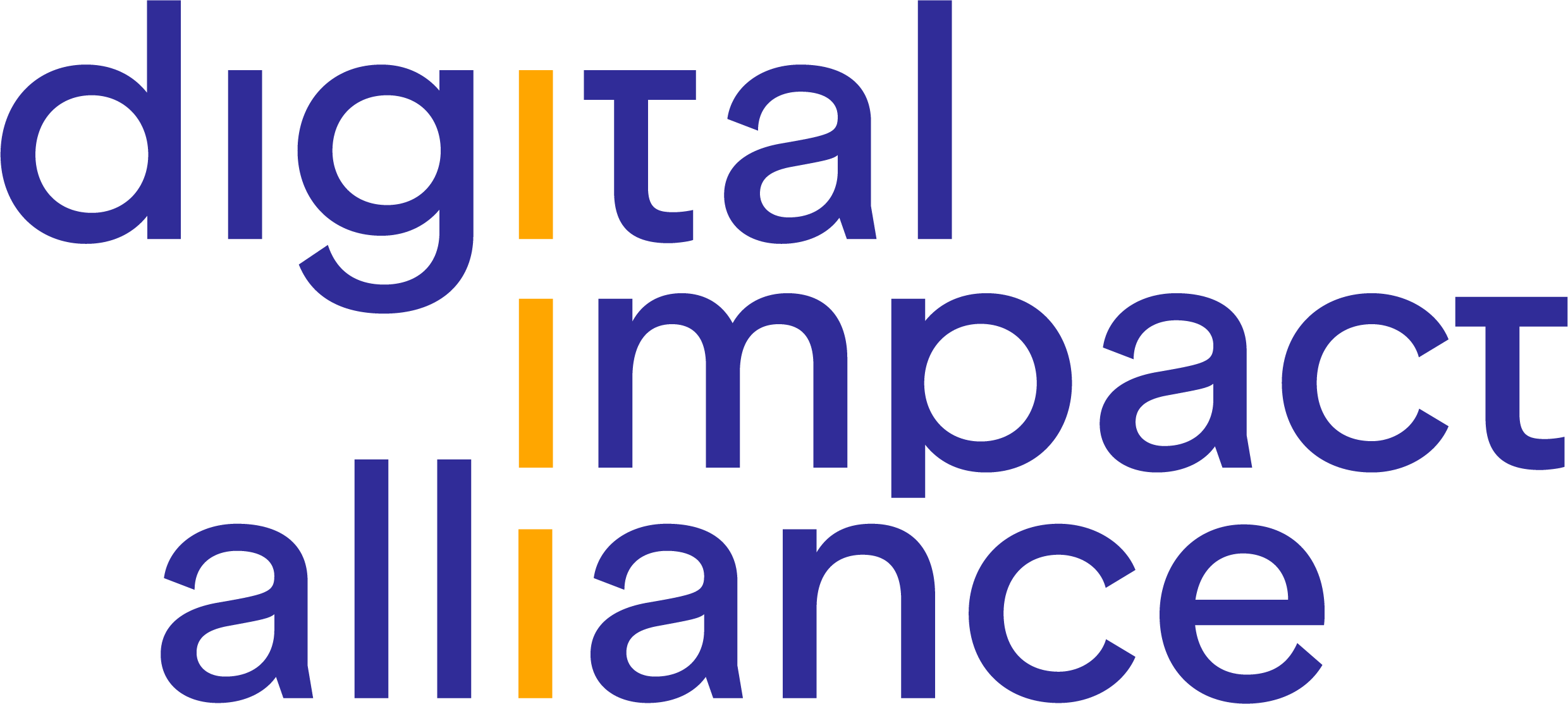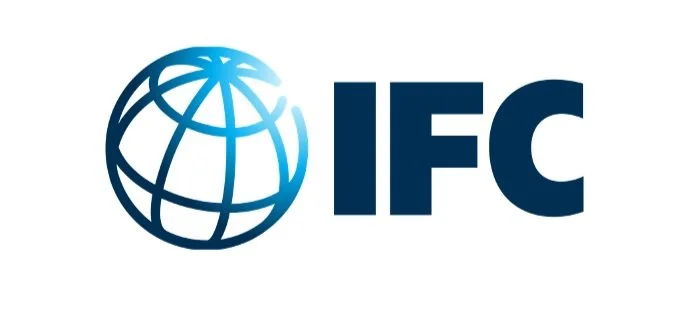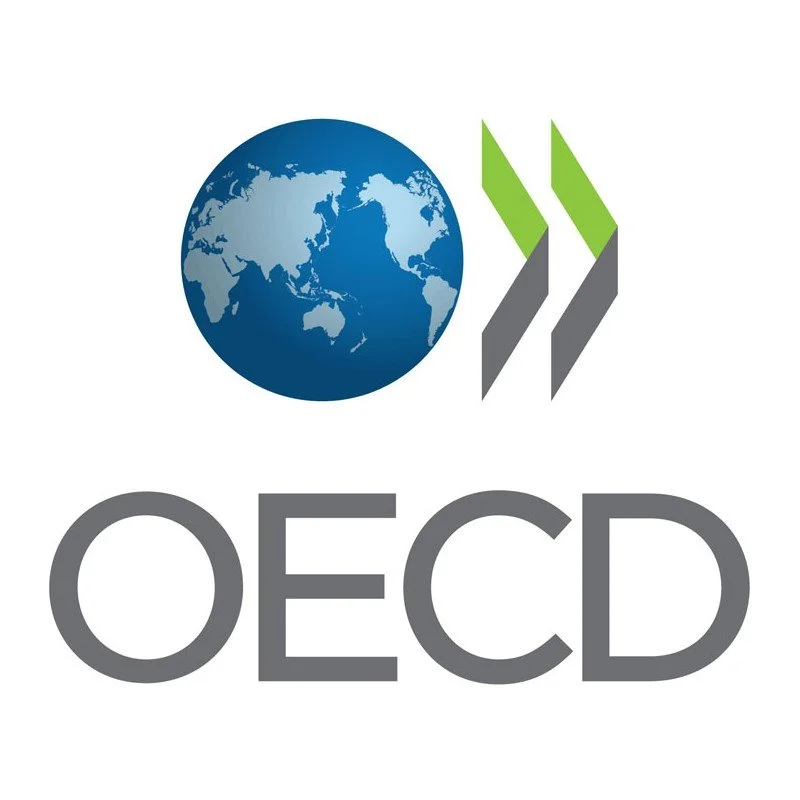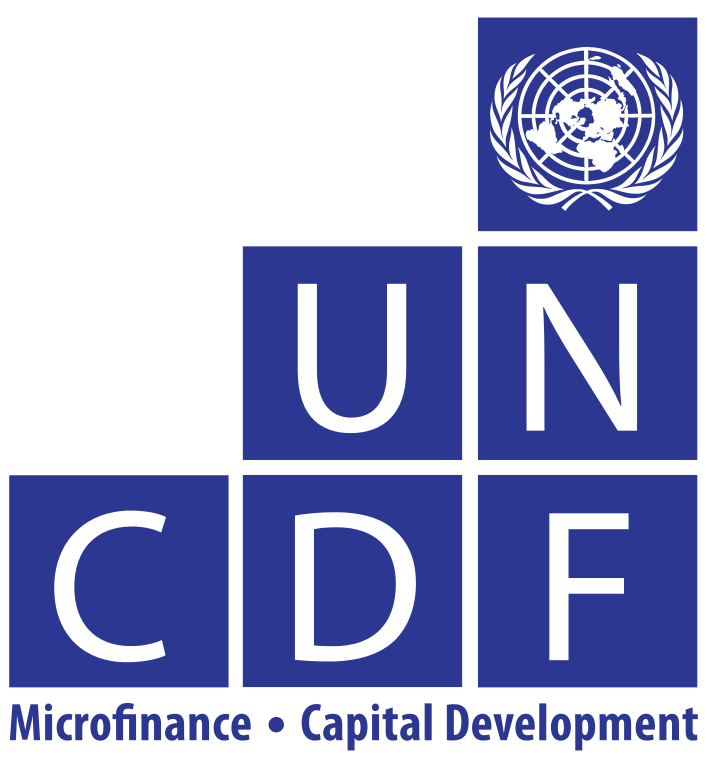
RFF 2024
Bridging Inclusion and Innovation to Improve People’s Lives
July 2–3, 2024
Fortaleza, Brazil
Bridging Inclusion and Innovation to Improve People’s Lives
The digital revolution has reshaped society, making critical services — especially financial solutions — more accessible. Yet, complex challenges persist. Approximately one third of the global population remains offline, threatening to exacerbate inequities between and within countries, and for consumers who have gained access, rising consumer protection risks such as fraud, data misuse, cyber-risks, and vulnerabilities produced by debt stress threaten to reverse progress by eroding financial health and re-excluding people from formal financial systems.
Today, working on building resilience is not enough. Rather, we must work to help people improve their lives by preventing them from experiencing harm and building their trust to use formal financial services. Before digital financial services took the main stage, we addressed inclusive finance consumer protection risks by examining financial service providers’ behaviors and implementing guardrails through formal regulations and guidelines. However, this is no longer sufficient and there is now a growing need to examine how we design the digital building blocks that enable the delivery of financial services — Digital Public Infrastructure — and ensure that these systems can withstand shocks, and have safeguards while continuing to innovate and meet future needs. We will also discuss other important topics that impact consumer outcomes- digital credit, and emerging frontiers in the data economy with advances in AI and data sharing.
The 2024 Responsible Finance Forum in Fortaleza, Brazil will kickstart conversations needed to spark systems-level change and achieve the responsible and equitable delivery of quality financial services, all while aiming to obtain the desired outcomes of safety, choice, trust, voice, and improved financial health for consumers.
RFF 2024 AGENDA
Responsible Finance in Action
Day 1: Tuesday, July 2
Brazil presents an excellent example of both the opportunities and the risks that come from rapid digitalization. In 2020, Brazil launched the national PIX payments system, allowing Brazilian people, companies, and government entities to send or receive nearly instant payment transfers. Less than four years later, 140 million adults — approximately 80 percent of the country’s adult population — use PIX.
Yet, amid this exciting and rapid growth, there are also looming concerns. Recent reports indicate that nearly 72 million Brazilians defaulted on their loans in 2023. And in a country where over half the population identify as Black or mixed race, one third live under the poverty line and are at risk of facing ‘algorithmic racism’. Furthermore, the country is home to 60 percent of the Amazon basin and faces significant risks from climate change which will likely exacerbate existing inequities in the country.
Fortaleza is in the northeast region of Brazil and routinely ranks low on socio-economic indicators and high on the risks for climate-related disasters.There is a rich opportunity to better understand the regional challenges the people of Fortaleza and local government face, and to see first-hand how we can innovate to address these obstacles.
14:00 – 18:00
Immersive Learning Visit to Banco Palmas
RFF attendees are invited to attend an immersive learning experience to visit Banco Palmas, Brazil’s first community bank. Launched more than 25 years ago in Fortaleza, the Banco Palmas network now consists of 152 community banks operating across 16 states in Brazil. The network offers a variety of financial and other services based on the concept of “solidarity economy.” It has three main characteristics: (1) management responsibilities are assumed by the community; (2) an integrated local development system that promotes credit, production, marketing and training; and (3) promotion of an alternative “local currency” (currency of Palmas), which complements the official currency (real) and is accepted and recognized by local producers, traders and consumers, creating an alternative and supportive market between families and local businesses.
Please note: The learning visit to Banco Palmas is open to the first 100 people. Buses will pick attendees up from the RFF conference venue promptly at 14:00. Please gather in the lobby of the Gran Mareiro by 13:30. Please be on time, wear comfortable shoes for walking, and dress to spend some time outside. It will be hot and humid, so please carry enough water, sunscreen, and hats. Please do not wear expensive jewelry and make sure you keep your mobiles safely in a bag when you head out for the field visit. Do not venture into areas on your own, and stay with the group at all times for your safety.
-
Since 1998, Banco Palmas and other community banks coordinated by Instituto Palmas have become national models of social and financial inclusion in marginalized communities. The bank has contributed enormously to helping thousands of people overcome the current conditions of extreme exclusion and poverty under which millions of Brazilians still live. In 2015, Banco Palmas created the “e-dinheiro social” platform, digitized social currencies, and started operating as a digital community bank. The digital platform works through a chip card and application, without losing the methodology of community banks that operate restricted in the community. To support the community in adapting to digital, the network’s financial education program added a digital education module to teach how to correctly use the platform's functionalities.
Over the years, Banco Palmas has also create several social projects in Conjunto Palmeira that have helped generate income for the community, including: Palmas Fashion (fashion brand), Companhia Bate Palmas (youth music band), Cordapes (youth dance group), Projeto Elas (socio-productive inclusion for women in extreme poverty), PalmaLimpe (cleaning products cooperative for the community), Solidarity and Gastronomy Fairs (with local producers), PalmasLab (innovation and research leveraging information technology for social inclusion and development).
18:00 – 19:00
Debrief from the Immersive Learning Experiences
Reflecting on learnings from the immersive visit, this session will discuss what we can adopt from countries like Brazil and how we can innovate to create responsible outcomes for consumers.
Speakers:
Karthik Venkataraman, Chief Operating Officer, Accion
Sergio Navajas, Senior Specialist, IDB Lab
19:00 - 20:30
Cocktail Reception & Dinner
How Do We Achieve Responsible Outcomes for All?
Day 2: Wednesday, July 3
8:00 – 9:00
Check-In
9:00 – 9:20
Welcome Remarks
Michael Schlein, President and CEO, Accion
9:20 – 9:40
Host Country Opening Remarks
Carolina de Assis Barros, Deputy Governor of Institutional Relations, Citizenship and Conduct Supervision (DIREC), Central Bank of Brazil
9:40 – 10:00
The Year in Review
Nataša Goronja, Managing Director, Center for Financial Inclusion
10:00 – 10:15
Coffee & Networking
10:15 – 12:30
Creating a Roadmap for Responsible Digital Public Infrastructure (DPI)
Digital Public Infrastructure (DPI) is crucial for the delivery of digital financial services. However, unlike physical infrastructure, the digital world poses a complex web of challenges — ranging from governance, design, incentives to innovate, competition, and sustainability — as well as questions about whether we are reaching the desired outcomes for end users. As we increasingly turn our focus to building responsible DPI systems, the inclusive finance sector is now turning attention to “user-centric DPI”. Infrastructure design has the power to significantly shape user experience and outcomes. However, traditionally infrastructure design does not consider users during the early inception stages, and user-centricity is often left to the service providers who then design and deliver services built on the existing architecture.
10:15 – 10:45
Opening Presentation:
Evidence from a Demand-Side Survey in Kenya
The session will begin with a short presentation of Kenya’s experience — a market that has seen significant growth in digital financial services and has become the poster child for the market systems approach. With Kenya now revisiting the idea of launching a digital ID as a pathway to DPI, the speakers will raise questions on what this potential change could mean for the cost to consumers and to firms that would need to realign their systems.
Presenters:
Dr. Julie Zollmann, Development Researcher and Consultant
Nanjira Sambuli, Fellow in the Technology and International Affairs Program, The Carnegie Endowment for International Peace
10:45 – 12:00
Moving from Risks to Building Safeguards
Attendees will then participate in an interactive workshop with the goal of providing feedback to the DPI Safeguards Framework, which is being developed by the Office of the UN Secretary General’s Envoy on Technology (OSET).
Facilitator:
Moritz Fromageot, Advisor, Office of the United Nations Secretary-General’s Envoy on Technology
12:00 – 12:30
User-Centricity in DPI
The session will conclude with a discussion about the term “user-centric digital public infrastructure” and will examine what this means with regards to payments, comparing experiences from India and Brazil.
Speakers:
David Porteous, Founder and CEO, Integral: Governance Solutions
Mayara Yano, Senior Advisor, Competition and Financial Market Structure Department, Central Bank of Brazil
12:30 – 13:45
Lunch & Networking
13:45 – 14:45
New Frontiers in the Data Economy: Data Sharing, AI, and Regulation in Responsible Finance
The rapidly evolving landscape of data sharing — driven by open finance, open data ecosystems, and AI innovation — is redefining financial services and posing new regulatory challenges. AI-led models require data trails that avoid perpetuating real-world biases, an imperative for policymakers, especially in markets where the gap between digitally excluded and included customers is widening. Emerging data exchange arrangements are creating new opportunities for innovation and competition in concentrated markets, but they are also increasing pressure on regulators to ensure informed consent and adequate data protection measures. The challenge for regulators is to ensure that the new frontiers in the data economy, achieved through data sharing and AI models, continue to balance the opposing objectives of fair competition, innovation, and consumer protection.
This session will bring together experts working on open data exchange, AI, and regulatory innovation to help draw practical insights on how to navigate the future of financial services.
Moderator:
Edoardo Totolo, Vice President of Research and Programs, Center for Financial Inclusion
Speakers:
Ariadne Plaitakis, Senior Program Officer, Bill and Melinda Gates Foundation
Eduardo Lopes, Global Head of Public Policy, Nubank
Shelley Anderson, Program Director, Alliance for Innovation in Regulation
Tarcizio Silva, Senior Tech Policy Fellow, Mozilla Foundation and Consultant, Digital Rights, Brazilian Association of Civil Society Organizations (ABONG)
14:45 – 16:00
Addressing Digital Credit Debt Stress: Lessons from Brazil and Other Markets
Digital credit has proven its power to unlock economic opportunities and help people improve their livelihoods. However, the rapid expansion of digital credit has often been accompanied by increasing debt stress, as well as other consumer protection challenges such as price shrouding, overcharging, predatory collections, and rising fraud. Increased debt stress can create wider social and political repercussions, including rising unrest, violent protests, and other actions that threaten to undo the benefits that financial inclusion has achieved over the past decade.
Many financial sector regulators are aware of these risks and recognize the importance of implementing appropriate monitoring mechanisms and regulatory interventions at an early stage to prevent risks to financial markets, consumers, and firms.
This session will discuss how we can identify the early warning signs of debt stress in a market and what actions to take. Considering the various perspectives from regulators, policymakers, and financial services providers, the panel will examine the challenges involved with regulatory or policy interventions as we continue to work on preventing overindebtedness in today’s digital world.
Presenter:
Gabriel Davel, Institute for Credit Market Development
Moderator:
Nataša Goronja, Managing Director, Center for Financial Inclusion
Speakers:
Aayushi Chaturvedi, Lead-Consumer Insights, Consumers International
Diogo Nogueira Cruz, Head of Financial Citizenship Research and Monitoring, Department for Financial Citizen Promotion, Central Bank of Brazil
Eric Duflos, Senior Financial Sector Specialist, CGAP
Mercedes Bidart, Co-founder and CEO, Quipu
16:00 – 16:15
Coffee & Networking
16:15 – 17:30
Provider Postcards: Showcasing Innovative Approaches to Responsible Finance
The confluence of technology and finance has made it easier for providers to take innovative approaches to achieve responsible outcomes for consumers. Yet, from an ecosystem perspective, questions remain around how to amplify these provider-led efforts. What resources are required? How can we scale innovations so they become more than just an experience differentiator but also the benchmark for the industry?
This session will showcase provider-led innovations from Kenya, Mexico, and Colombia. There will then be a facilitated group discussion about what variables are needed to create an enabling environment for more provider-led innovations for responsible finance.
Moderator:
Ahmed Dermish, Lead Specialist, Policy and Government Advocacy, United Nations Capital Development Fund (UNCDF)
Featured Innovations:
Josh Allen, Data Science and Credit Risk Manager, Pezesha, Kenya
María Paula Arregui, COO, Mercado Pago, Brazil
Miguel Londono, COO, Monet, Colombia
Pedro Moura, CEO and Co-Founder, Flourish Fi, Mexico
17:30 – 18:15
Call to Action: Fireside Chat on Next Steps
This session will reflect on the day’s discussions and provide a call to action, outlining priorities from multi-stakeholder perspectives that need to be addressed over the next three years through the global Responsible Finance Forum.
Moderator:
Payal Dalal, Executive Vice President, Global Programs at the Mastercard Center for Inclusive Growth
Speakers:
Chanchal C. Sarkar, Co-Chair, G20 Global Partnership for Financial Inclusion (GPFI) and Economic Advisor, Ministry of Finance, India
Luiz Gustavo Mansur Siqueira, Head of Department for Financial Citizenship Promotion, Central Bank of Brazil
Magda Bianco, Head of Consumer Protection and Financial Education Department, Bank of Italy
Michael Schlein, President and CEO, Accion
18:15 – 18:30
Closing Remarks
Beth Hurvitz, Board Member, Accion
19:00 – 21:00
Cocktail Reception and Dinner
Speakers
-
Head of Financial Citizenship Research and Monitoring, Department for Financial Citizen Promotion, Central Bank of Brazil
Diogo Cruz works at the Central Bank of Brazil’s Department for Financial Citizenship Promotion. He is currently the head of the division in charge of financial literacy and financial inclusion research and monitoring. Along with his team, Diogo is responsible for publishing important reports, such as the Financial Citizenship Report, which shows the country’s outlook for financial inclusion, financial education, and financial consumer protection. Additionally, he is part of the Brazilian delegation for the Global Partnership for Financial Inclusion (G20/GPFI). Diogo holds a master’s degree in international development policy at Duke University.
-
Head of the Department for Financial Citizen Promotion, Central Bank of Brazil
Luis Mansur is the Head of the Department for Financial Citizenship Promotion at the Central Bank of Brazil. Working at the Central Bank since 1998, Luis has worked on various topics related to the Brazilian economy, finance, international relations, financial inclusion, and financial education. He also worked at the IMF from 2011 to 2013 as an advisor to the Executive Director of Brazil, where he took part in several negotiations and multilateral initiatives of the Brazilian government. Luis holds a master’s degree in public policy from the University of Michigan, a degree in Computer Science from the Catholic University of Brasília, and is a specialist in database systems. Luis is a member of the Brazilian Forum on Financial Education (FBEF) and is currently responsible for the GPFI Presidency, under the G20 Brazilian Presidency.
-
COO of Monet
Lawyer from Universidad del Rosario with a specialization in commercial law and specialist in Financial Law and Capital Markets from Pontificia Universidad Javeriana. He worked in the Capital Markets team of Brigard Urrutia, advising national and international clients in the structuring of investment vehicles, particularly private equity funds and in regulatory issues of the capital market. There he participated in the structuring of more than 25 private equity funds. He was part of the legal team of private equity funds of Alianza Fiduciaria S.A., supporting the structuring and operation of more than 30 private equity funds. Part of the founding team of Monet, a fintech focused on financial inclusion in Latin America.
-
Deputy Governor for Institutional Relations, Citizenship, and Conduct Supervision, Central Bank of Brazil
Carolina Barros is the Deputy Governor for Institutional Relations, Citizenship, and Conduct Supervision for the Central Bank of Brazil. She focuses on conduct supervision of financial institutions — concerning both clients and the prevention and combating of money laundering and terrorism financing, financial education, institutional relations, and communications with citizens, government, and media. Carolina holds a master’s in business administration from Fundação Getúlio Vargas (FGV) and a master’s degree in public administration and public policy from the University of York, United Kingdom.
-
Gabriel is a qualified chartered accountant and does consulting and advisory projects in the areas of credit market development, financial regulation, financial consumer protection credit bureaus and credit guarantee funds. He has previously worked as the first CEO of the National Credit Regulator, founder and CEO of the Micro Finance Regulatory Council, partner on the Deloitte & Touche Financial Institutions team, and the Small Enterprise Foundation, the leading micro-enterprise lender in South Africa. He has degrees in accounting, economics, and econometrics, a masters’ degree in development finance from the Institute of Social Studies in The Hague and an advanced diploma in banking from the University of Johannesburg.
-
Founder and CEO,
Integral: Governance SolutionsDavid is the founder and CEO of Integral: Governance Solutions, a boutique consultancy which supports enhanced collective decision making and change management in the areas of public private partnerships especially digital public infrastructure, ESG integration and tech startups.
David is a seasoned executive and entrepreneur who has founded or co-founded five organizations in the public and private sector but exited from an active role as each came to the next stage of their development. In addition to these five, David has advised on and been involved in the design, setup, executive management, and boards of a number of organizations engaged in digital development around the world.
Originally trained as an economist with a PhD from Yale University, David has domain knowledge in the areas of fintech and development finance, as well as edtech through his role as co-founder of the capacity building platform for professionals in the emerging world called Digital Frontiers.
-
Vice President, Center for Financial Inclusion
Edoardo works at the Center for Financial Inclusion (CFI) as the Vice President of Research and Programs, where he oversees CFI’s thought leadership in the thematic areas of financial consumer protection, responsible data practices, and green inclusive finance. Prior to joining CFI, Edoardo worked for IFC’s venture capital team, where he promoted enabling environments and investment opportunities in embedded finance, startup ecosystems, and the digital economy. He also worked for the World Bank’s global financial inclusion unit, assisting regulators in leveraging data and developing strategies for financial inclusion and consumer protection. Edoardo has worked in Kenya as Research Economist for Financial Sector Deepening Kenya, a multi-donor program supporting the development of inclusive financial markets. Edoardo holds a PhD in development economics from the University of Trento and an MSc in international development studies from the University of Amsterdam.
-
President and CEO, Accion
Michael Schlein brings nearly 30 years of extensive international banking, management, and public service experience to his role as President and CEO of Accion. Michael joined Accion in 2007 as a member of its Board of Directors and in 2009, became Accion’s President and CEO. Prior to Accion, Michael served as President of Citigroup’s International Franchise Management, where he managed the bank’s network of 100 Chief Country Officers. Before that, he ran communications, philanthropy, government relations, branding, and human resources for Citigroup. He served as Chief of Staff at the U.S. Securities and Exchange Commission in the Clinton Administration and in New York’s City Hall in the Dinkins and Koch Administrations. He began his career in investment banking. From 2014 until January 2021, Michael served as the Chairman of the New York City Economic Development Corporation, which encourages economic growth throughout New York City’s five boroughs and facilitates investments that build capacity, generate prosperity, and catalyze the economic vibrancy of city life as a whole. Michael has graduate and undergraduate degrees from the Massachusetts Institute of Technology where he graduated Phi Beta Kappa.
-
Managing Director, Center for Financial Inclusion
Nataša serves as the Managing Director for the Center for Financial Inclusion (CFI). She previously worked at the Miller Center for Social Entrepreneurship, housed at Santa Clara University, where she served as lead for the Center’s social enterprise ecosystem product offerings and supported organizational alignment, strategic planning, business development, and key stakeholder engagement. Nataša has worked with the World Bank and IFC on financial inclusion, digital finance, and consumer protection, and has served as the Vice President of The Boulder Institute of Microfinance. Nataša has a graduate degree in European Integration Studies from the University of Bologna and University of Sarajevo in partnership with the London School of Economics and an undergraduate degree in International Relations from William and Mary.
-
Senior Specialist, IDB Lab
Sergio Navajas is a senior specialist at the IDB Lab with over twenty years of experience in financial inclusion. He has led groundbreaking research initiatives such as the Global Microscope on Financial Inclusion in collaboration with The Economist Intelligence Unit, the Center for Financial Inclusion, and the Gates Foundation, as well as numerous other key regional projects and influential publications. His recent work focuses on tokenization and development, digital payments, and artificial intelligence. Previously, he served as a senior economist at USAID, a researcher at The Ohio State University, and a loan officer at Banco Bisa de Bolivia. He holds a bachelor's degree in Economics from the National University of Tucumán and both a master's degree and a Ph.D. in Development and Finance from The Ohio State University.
-
Head of Consumer Protection and Financial Education Department, Bank of Italy
Magda Bianco is Head of the Bank of Italy Consumer Protection and Financial Education Department, which deals with conduct supervision, individual consumer protection, and financial education. She previously worked in the Research Department, in the Law and Economics Unit, and as the Head of the Customer Protection and Anti-Money Laundering Directorate. Since 2021, she has served as Co-Chair of the G20 Global Partnership for Financial Inclusion (GPFI) and since 2022, as Chair of the OECD/INFE. She is a member of the Governing Council of FinCoNet and until July 2023 was member of the National Committee for Financial Education. She served as economic advisor to the Italian Minister of Justice in 2012-2013 and is economic and financial consultant to the President of the Republic since 2015. Magda has published articles on corporate governance, corporate finance, bankruptcy, economics of civil justice, and more generally on regulatory matters and gender issues. She has taught Industrial Organization and Corporate Governance courses at several Italian universities.
-
Advisor, Office of the United Nations Secretary-General’s Envoy on Technology
Moritz Fromageot works as an advisor in the Office of the United Nations Secretary-General’s Envoy on Technology. In this role, Moritz manages the DPI Safeguards Initiative. In addition, he also closely works on the United Nations activities on Open Source, Digital Public Goods, and the Global Digital Compact. Prior to joining the UN, Moritz worked at GIZ and co-founded a startup making software for NGOs.
-
COO, MercadoPago
Paula Arregui is the COO of MercadoPago, Latin America´s leading Internet payment platform. Paula has served in various capacities since joining MercadoLibre in 2000. She initially was Controller for Argentina, Uruguay and USA. In 2003 she was the first employee of MercadoPago business unit and then she became Latin America Operation Director. Since 2011 she has held the position of Senior Vice President at MercadoPago. In this role she has actively participated in the product development and strategy all over the region. She is Argentinian citizen and holds both a B.A. degree in Business Administration and Accountant degree from the University of Buenos Aires. She also attended a Stanford Executive Program based on leadership and innovation.
-
Senior Financial Sector Specialist
Eric Duflos leads CGAP’s work on consumer protection, from policy, industry, and customer perspectives, ensuring that financial services have positive outcomes for customers. He also coordinates CGAP’s engagements with global Standard Setting Bodies. Eric has 29 years of experience in advancing financial inclusion and economic development. Prior to his current role at CGAP, he served as director of the office of the UNSGSA, H.M. Queen Máxima of the Netherlands. He supported the UNSGSA in developing her policy advocacy strategy and launching the CEO Partnership for Economic Inclusion, which regroups 10 major global companies. Before this, Eric held several positions within CGAP, including regional representative for East Asia and the Pacific based in Singapore. His research has focused on customer-centric policy and regulation, and technology-enabled financial services. He has authored numerous articles and publications and taught policy issues at the Turin/Boulder course, Sciences-Po Paris, and universities in Singapore. Before joining CGAP, Eric worked seven years in the Lao PDR. He holds a master’s degree in management from EM Lyon, and a master’s in economics and international relations from SAIS, Johns Hopkins University.
-
Independent Consultant
Dr. Julie Zollmann is a development researcher and consultant based in Nairobi. She studies the ways that ordinary people in the Global South interact with their digitizing world. She is especially interested in how digitization affects livelihoods, healthcare, and citizenship. Her most recent academic work examines several dimensions of job quality—earnings, dignity, and voice—in platform-mediated work with a focus on digital drivers in Kenya. She consults with a range of practitioner agencies on programming aimed at increasing incomes and resilience in Africa. She is the author of Living on Little (Practical Action 2020), based on the Kenya Financial Diaries study. Julie holds a PhD in international relations with a focus on development economics and African studies from The Fletcher School at Tufts University.
-
Senior Tech Policy Fellow, Mozilla Foundation and Consultant, Digital Rights, Brazilian Association of Civil Society Organizations (ABONG)
Tarcizio is a Senior Tech Policy Fellow at Mozilla Foundation and a consultant on digital rights at ABONG (Brazilian Association of Civil Society Organizations), where he develops research and advocacy on trustworthy AI regulation. He is author of “Racismo Algorítmico: inteligência artificial e discriminação nas redes digitais” and founder of Desvelar.org, a research and editorial project focused on promoting antiracist and Global Majority lenses on technology and society.
-
Lead Specialist, Policy and Government Advocacy, United Nations Capital Development Fund (UNCDF)
Ahmed is the Lead Specialist, Policy and Government Advocacy at the United Nations Capital Development Fund (UNCDF). He is a former regulator and bank supervisor in the UK with over 15 years’ experience facilitating enabling environments for inclusive digital services in developing economies. At UNCDF, Ahmed sets the regulatory and policy engagement strategy for UNCDF’s Digital Economies thematic area, covering Africa, Asia, and the Pacific. He manages the Policy Accelerator program — a global team of advisors who work with regulators, policymakers, civil society, and private sector to accelerate policy reforms that align with the Sustainable Development Goals.
-
Executive Vice President, Global Programs at the Mastercard Center for Inclusive Growth
Payal currently serves as the Executive Vice President, Global Programs at the Mastercard Center for Inclusive Growth. She oversees the Center’s philanthropic investments around the globe, manages the programmatic team across Africa, Asia, Europe, Latin America, the Middle East and the United States, directs the Thought Leadership team. Previously, she was Global Head of Community Programs for Standard Chartered Bank and she has worked for a wide range of public sector organizations including the World Affairs Council, the Global Philanthropy Forum and the Earth Institute at Columbia University. Payal also worked on foreign policy for the Office of President William J. Clinton. Payal has extensive experience in financial services as well. Prior to joining Standard Chartered, she worked on the launch of the AT&T Universal Savings and Reward Card for Citi. Payal currently serves as a trustee for Women Win, Steering Board member for RISE and a member of the Programs and Strategy Committee for CAREUSA. In 2020, she was appointed to the Advisory Group for the WE EMPOWER G-7 program of UN Women and the Working Group on Financial Health of the UN Secretary General’s Special Advocate for Inclusive Finance for Development. She’s held official positions during the G20 Indonesia and India presidencies and currently serves on two taskforces for the G20 Brazil presidency in 2024.
Payal currently serves as the Executive Vice President, Global Programs at the Mastercard Center for Inclusive Growth. She oversees the Center’s philanthropic investments around the globe, manages the programmatic team across Africa, Asia, Europe, Latin America, the Middle East and the United States, directs the Thought Leadership team. Previously, she was Global Head of Community Programs for Standard Chartered Bank and she has worked for a wide range of public sector organizations including the World Affairs Council, the Global Philanthropy Forum and the Earth Institute at Columbia University. Payal also worked on foreign policy for the Office of President William J. Clinton. Payal has extensive experience in financial services as well. Prior to joining Standard Chartered, she worked on the launch of the AT&T Universal Savings and Reward Card for Citi. Payal currently serves as a trustee for Women Win, Steering Board member for RISE and a member of the Programs and Strategy Committee for CAREUSA. In 2020, she was appointed to the Advisory Group for the WE EMPOWER G-7 program of UN Women and the Working Group on Financial Health of the UN Secretary General’s Special Advocate for Inclusive Finance for Development. She’s held official positions during the G20 Indonesia and India presidencies and currently serves on two taskforces for the G20 Brazil presidency in 2024.
-
CEO and Co-Founder, Flourish Fi
Pedro Moura is the CEO and co-founder of Flourish Fi, a b2b financial wellness & loyalty solution for banks, fintech's, and credit unions. With a passion for transforming banking, Pedro has pioneered Flourish Fi's customer engagement platform, licensed to institutions across the Americas. The team at Flourish coined the term, Behavioural Hacking, which merges nudging, gamification, and data to empower positive money habits. Previously, at Oportun, Pedro led retail operations, expanding the mobile product and contributing to the company's growth from 250 to 3500+ employees. A multicultural perspective, nurtured by living in Brazil, Mexico, and the US, shapes his dedication to financial empowerment.
-
Fellow in the Technology and International Affairs Program, The Carnegie Endowment for International Peace
Nanjira Sambuli is a researcher, policy analyst and strategist studying the unfolding, gendered impacts of digitalization/ICT adoption on governance, diplomacy, media, entrepreneurship, and culture, especially in Africa. Nanjira is a Fellow in the Technology and International Affairs Program at The Carnegie Endowment for International Peace, and a Ford Global Fellow. She is a board member at Development Gateway and Digital Impact Alliance, a Diplomacy Moderator at the Geneva Science and Diplomacy Anticipator (GESDA) and advises the Carnegie Council’s AI and Equality Initiative. Nanjira previously led digital equality advocacy efforts at the World Wide Web Foundation, and worked at iHub Nairobi, where she provided strategic guidance for growth of technology innovation research in the East Africa region. She has also served as a board member at The New Humanitarian, co-chair of Transform Health, as a Commissioner on the Lancet & Financial Times Governing Health Futures 2030 Commission, as a panel member on the United Nations Secretary General’s High-Level Panel on Digital Cooperation, and as a deputy on the United Nations Secretary General’s High-Level Panel for Women’s Economic Empowerment.
-
Data Science and Credit Risk Manager, Pezesha
Josh Allen is a Data Science and Credit Risk Manager at Pezesha, a digital finance marketplace that provides affordable working capital to underserved micro and small businesses across East Africa. He has approximately 8 years of experience in capital markets, financial innovation, and applied data science. At Pezesha, Josh manages the data science unit, responsible for reporting, analytics, and risk management strategies. Previously, he worked as a fixed income trader at the Bank of England, where he was trained to manage and deploy risk using a range of fixed-income and FX securities. Josh specializes in advanced analytics, data science, and machine learning. Josh is experienced programmer in R and Python.
-
Senior Program Officer, Inclusive Financial Systems, Bill & Melinda Gates Foundation
Ariadne Plaitakis is a Senior Program Officer in the Inclusive Financial Systems team at the Bill & Melinda Gates Foundation (BMGF). She holds both the regulatory and capacity building portfolios. She has more than 20 years of hands-on experience in digital finance and payments regulation, open banking, financial inclusion, privacy/data protection, e-commerce, competition law, and consumer protection in the emerging markets. Prior to her position at BMGF, Ariadne was a Senior Financial Specialist at CGAP, where she co-authored Open Banking: How to Design for Financial Inclusion and undertook research on payment interoperability and competition in digital financial services. Prior to CGAP, Ariadne was a Senior Associate, Policy and Ecosystem Development, at Bankable Frontiers Associates (BFA Global) and General Counsel and Head of Regulatory at the financial inclusion consultancy Mondato. Ariadne is a UK-qualified solicitor with an MA in Jurisprudence from the University of Oxford and a BSc in Foreign Service from Georgetown University, and is fluent in French, German and Greek.
-
CEO and Co-founder, Quipu
Mercedes Bidart is the CEO and Co-founder of Quipu, a financing platform for informal businesses in Latam, building an equitable AI credit score. Born and raised in Argentina, Mercedes studied Political Science at the University of Buenos Aires and worked at CIPPEC supporting local governments in Latin America and at TECHO in the microfinance program. She then completed a master's degree in Cities at the Massachusetts Institute of Technology (MIT) on a Fulbright scholarship. At MIT, she founded Quipu after going through the MIT DesignX incubator. Since 2021, Mercedes has been based in Colombia, expanding Quipu's solution to support more than 9,000 micro-businesses to date. Mercedes is a Fellow of the Cartier Women’s Initiative 2024, The Global Good Fund, and the Tallberg Foundation. Her work has been recognized by SOCAP, the MIT Innovation Initiative, the World Bank Youth Summit, and the IDB Lab, among others. Quipu was recognized by Fast Company as one of the ten most innovative companies in LATAM in 2022 and by Accion’s Center for Financial Inclusion as one of the 50 most inclusive fintechs in the world.
-
Chief Operating Officer, Accion
Karthik is the Chief Operating Officer at Accion International. Previously from Bain & Company, he and the Bain team have partnered with Accion across strategy and a range of other topics since 2015. He was a Partner in Bain’s Social Impact practice, where he focused on economic development and led the ‘Social’ aspect of the firm’s ESG offering. He previously led Bain’s Travel & Leisure Practice and has worked on numerous large-scale global transformation efforts across financial services, retail, higher education and other industries and sectors. He also has experience providing portfolio support to investors through Bain’s Private Equity practice and deep expertise in organizational leadership and DE&I. Finally, and most importantly, Karthik is passionate about culture and teams and held many people-related roles within Bain, including leading Bain’s DE&I transformation; working as a leader in the firm’s Asian-American affinity group; and serving as HR Partner for the firm’s Washington office. Prior to Bain, Karthik worked in technology and HR consulting. He serves on the board of Education for Employment—focusing on job training and placement across the MENA region—and also supports the Dudamel Foundation’s work to transform young people’s lives around the world, via access to music and the arts. Karthik holds a graduate degree from Princeton University and post-graduate degrees from Johns Hopkins SAIS and The Wharton School, where he was a Palmer Scholar.
-
Lead Consumer Insights, Consumers International
Aayushi Chaturvedi is a distinguished behavioral strategist and public policy consultant, specializing in sustainable consumption and inclusive digital finance. As the lead for consumer insights projects at Consumers International, Aayushi drives global consumer empowerment through innovative behavioral frameworks and insights. Her extensive experience spanning over 10 years includes pivotal roles across industry like BFSI, Education, Social Development, where she optimized user engagement for improved health and wellness, informed business strategies around inclusive educational technologies, and managed impactful social projects for gender equality. Aayushi’s work is characterized by her commitment to conscious leadership and multi-stakeholder collaborations, making her a vital voice in public policy and behavioral science.
-
Executive Director, Ecumenical Ministries of Oregon
A dedicated career of two decades in strategic communications, relationship building and policy development, Frank provides analysis and creative solutions that have impacted his work at NGOs, Costco Wholesale and the US Government. Frank has worked in several countries throughout Africa, Europe, Central and South America and has been recognized for transforming ideas into policy and creating scenarios for win-win outcomes that influence attitudes, perceptions and behaviors. With a Masters in Conflict Studies from the University of Ulster where he graduated with distinction, Frank also holds a Bachelor of Arts from Seattle University with honors. He is the son of two immigrants to the United States. Frank currently is the Executive Director for a non-profit, Ecumenical Ministries of Oregon and serves on the board of four non-profit organizations in the United States.
-
Global Head of Public Policy, Nubank
Eduardo Lopes is the Global Head of Public Policy at Nubank. He also serves as President at Zetta and Director at ABBC, associations that represent the financial industry. Previously, he led policy projects for technology and innovation at Meta, was a board member of the World Economic Forum's Center for the Fourth Industrial Revolution in Brazil and a career diplomat, having served as Brazil's delegate to the United Nations. Bachelor of Law and Master of International Relations from USP, he also holds a MBA in Management from EAESP-FGV.
-
Senior Advisor, Competition and Financial Market Structure Department, Central Bank of Brazil
Mayara Yano is a senior advisor at the Competition and Financial Market Structure Department at the Central Bank of Brazil, acting as a high level technical specialist at the team responsible for managing and operating Pix. She has a degree in computer science and administration, specialization in finance, and certification in project and program management. She has been working in the Central Bank's payment system area for 7 years. Before joining the Central Bank, she worked in consulting companies and as project manager of ERP implementation, and was also a merchant in the food industry, having multiple knowledge about payments industry. She participated actively in the conception and launch of Pix and currently integrates the team responsible for its maintenance and continuously development.
-
Program Director, Alliance for Innovative Regulation
A seasoned TechSprint leader, Shelley spent 16 years at the U.K.’s Financial Conduct Authority before coming to AIR in January 2022. Starting in 2015, she was part of the FCA’s Regtech team, designing and leading TechSprints and developing the regulator’s approach to interacting with the global Regtech ecosystem. Specializing in innovation for vulnerable consumers, Shelley has designed programs that look at the barriers faced by digital financial services consumers, and at how both regulators and firms can design better products for inclusion. At AIR, Shelley works on planning and producing TechSprints, leads the organization’s program to further expand its global reach, and focuses on ways to ignite technology innovation throughout the financial system. In addition, Shelley is co-founder of the Women In Regulatory Innovation (WIRI) network, which is creating a community of women across the globe with the aim of building meaningful diversity and inclusion within the regulatory system. She lives in the U.K., just outside of London, with her husband and three daughters.
-
Board Member, Accion
A former COO of North America and Global Head of Social Impact for Visa, Beth Hurvitz brings C-suite level experience in delivering growth, impact, and scale to public, private and nonprofit organizations. Combining strategy and operations expertise with disruptive thinking, Beth built a consistent track record of delivering critical business results, effective and efficient operations, and global partnerships for sustained revenue growth across several complex global organizations, including Visa, American Express, and Mercer Management Consulting (now Oliver Wyman). An early trailblazer as a lone female electrical engineer at IBM, Beth is best known for imagining what is possible, no matter how complex or challenging the opportunity, and then delivering on that vision with excellence. Beth earned her Master of Business Administration (MBA) from Harvard Business School and her Bachelor of Science in Electrical Engineering (BSEE) from Tufts University.
-
Co-Chair, G20 Global Partnership for Financial Inclusion (GPFI) and Economic Advisor, Ministry of Finance, India
Mr. Chanchal Chand Sarkar is an Economic Adviser, International Economic Relation (IER) Division (IER) and Heads the Financial Stability and Cyber Security Division of the Ministry of Finance, Government of India (GoI) and also is G20-GPFI Co-chair. He has over 25 years of experience working at various capacities in the Government of India in the country and abroad on multilateral, regional and bilateral trade and economic issues. Prior to his current assignment, Mr Sarkar represented India at the South Asian Association for Regional Cooperation (SAARC) Secretariat, Kathmandu during 2018-2021. Earlier, he served as Director in the Ministry of Finance and was responsible for negotiating all International Bilateral Investment Treaties (BITs) and related disputes out of the BITs. He had also worked as a Consultant at the Indian Institute of Foreign Trade (IIFT), New Delhi. He holds M. Sc in Public Management and Governance from London School of Economics and Political Science (LSE), London besides M.A and M Phil in Economics from Jawaharlal Nehru University (JNU), New Delhi, India.
2024 PARTNERS
Event Partner
Financial Partners
Thought Partners
Learning Partner
Media Partner
RFF Advisory Council
RFF is powered by


